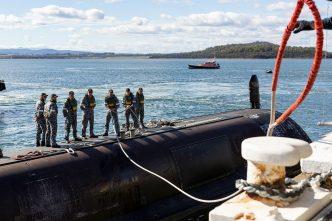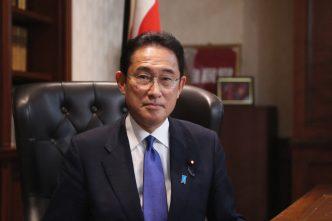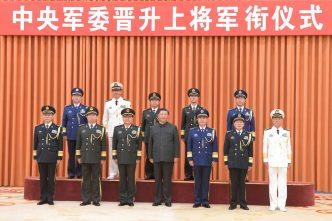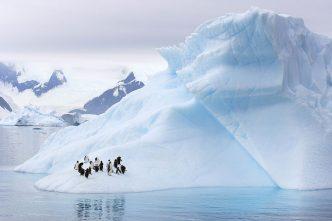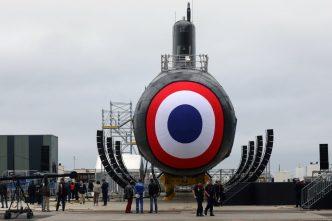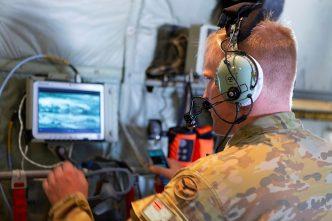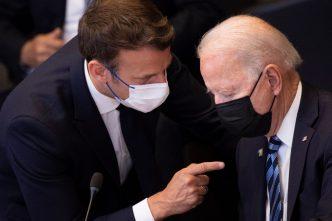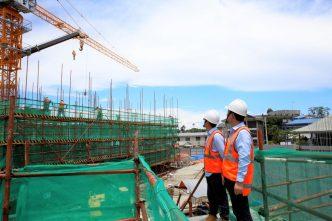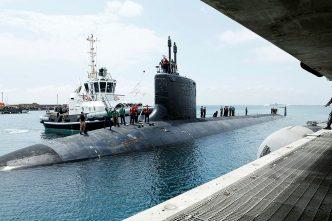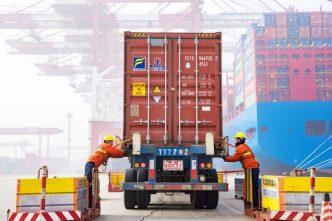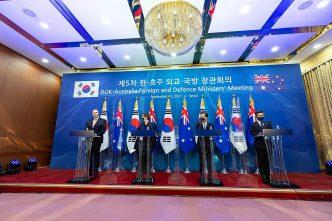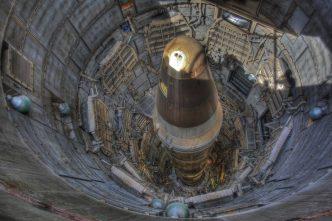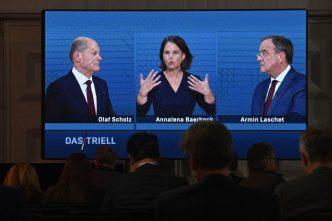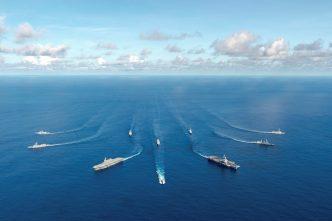ASPI celebrates its 20th anniversary this year. This series looks at ASPI’s work since its creation in August 2001. The list of 14 grievances issued last year by China’s embassy in Canberra had one point …
It’s Labour Day here in Canberra, so The Strategist team is taking a short break. We’ll be back tomorrow with our usual full schedule of strategic analysis and commentary.
Australia’s decision to acquire nuclear-powered submarines—and the decisions by the UK and US to support that endeavour—is momentous. If we’re looking for reliable and considered judgements about why and how it came about, we need …
Japan’s ruling Liberal Democratic Party has elected Fumio Kishida as its new leader, slating him to be the nation’s 100th prime minister. Kishida received overwhelming backing from parliamentarians ahead of rival candidate Taro Kono, who …
The careful selection by Chinese leader Xi Jinping of military officers for rapid promotion to key positions in the People’s Liberation Army may signal both a wish to consolidate the military behind him and a …
With the heightened threats in cyberspace, the Australian government wishes to hasten the passage of crucial amendments to the Security of Critical Infrastructure Act 2018. The unannounced information war with China has put tremendous strain …
Monday 4 October marks the 30th anniversary of the Protocol on Environmental Protection to the Antarctic Treaty. The signing of the protocol by 26 countries marked the end of a tumultuous few years of diplomatic …
French anger over Australia’s decision to dump the diesel–electric submarine project is entirely justified and understandable. Even if, as some argue, the project’s inadequacies were increasingly apparent, there seems little doubt that Australia seriously misled …
In The Strategist in July, we outlined our concept for an Australian equivalent of the US Defense Advanced Research Projects Agency (DARPA), mooted by ASPI. We envisaged this Australian version of DARPA filling the ‘valley …
The geopolitical story of the last few years has featured Western democracies’ gradual awakening to the realities of an increasingly ambitious and authoritarian China. European countries have gone from competing with each other to be …
The dramatic creation of AUKUS has focused attention on the military response to China’s increasing capacity to project force across the Indo-Pacific. The furore it sparked, highlighted by the predictably strong Chinese claims of retaliation, …
It is correct, as former prime minister Malcolm Turnbull has asserted, that few of the questions raised by the government’s announcement that Australia will acquire nuclear-propelled submarines (SSNs) have been answered. The particular question he …
Overshadowed by the excitement around AUKUS was a perhaps more significant development in strategic relations that came just the next day: China formally applied to become a member of the Comprehensive and Progressive Agreement for …
Planet A The Bank of China will stop funding new coal projects abroad, following Chinese President Xi Jinping’s similar commitment to the UN General Assembly that China will stop building new foreign coal-fired power plants. …
On 13 September, just days before the announcement of the AUKUS arrangement, Australia’s and South Korea’s foreign and defence ministers met in Seoul. The week before, South Korea displayed a new conventional submarine able to …
In this month’s AUSMIN statement, somewhat overshadowed by AUKUS and Australia’s decision to purchase nuclear-powered submarines, was a notably robust paragraph about Taiwan. The statement used new phraseology, describing Taiwan as ‘a leading democracy and …
In a week when Australia’s relationship with France was left hanging by a thread due to the cancellation of the Attack-class submarine project, Germany quietly doubled the number of upcoming port visits to Australia by …
The Latin adage Si vis pacem, para bellum warns: ‘If you want peace, prepare for war.’ Given the heightened risk of war between China and the United States, we might take heed of this ancient …
The Greens’ strong performance in Germany’s federal election—though not as strong as the party hoped just a few short weeks ago—offers hope that the country will now finally start moving in a more promising direction. …
In its first comment on the new AUKUS partnership, The Economist said it represents the shifting of geopolitical tectonic plates. The defence implications for Australia and the regional and global geopolitical ramifications have been extensively …


